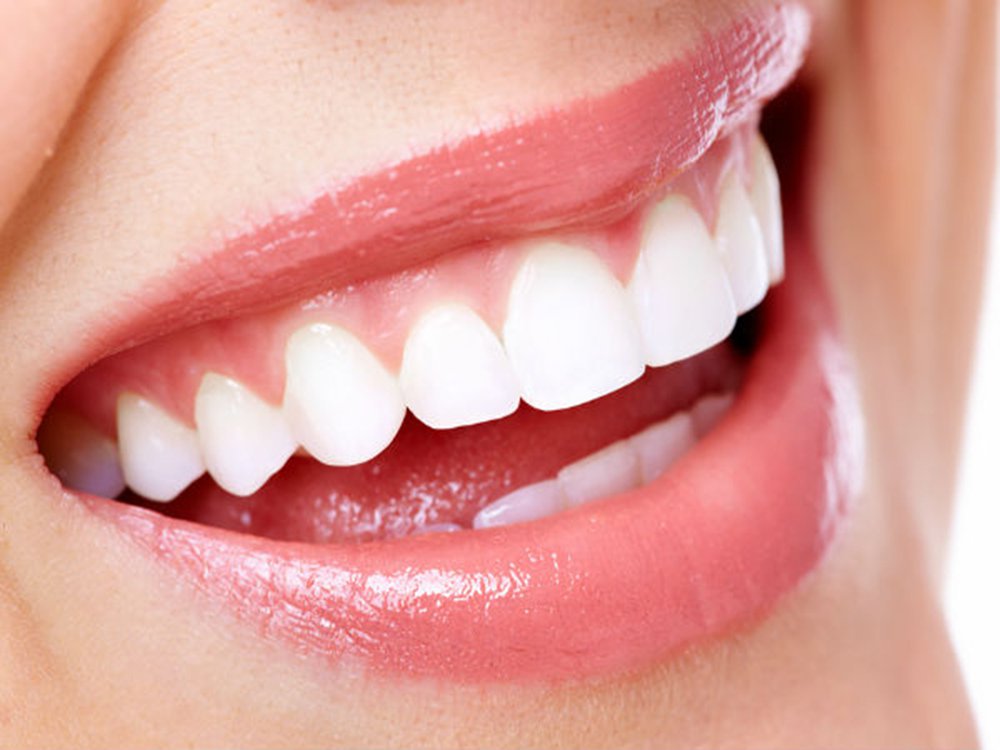1. What are veneers?
Tooth veneer is a thin, custom-made coating with the same color as the tooth. Dental veneers are designed to cover anterior surfaces to improve the appearance of teeth. Veneers help teeth change their color, shape, size or length. Veneers are an increasingly popular cosmetic dental procedure.
2. Types of veneers in dentistry
Dental veneers can be made from porcelain or from plastic composite materials. Porcelain veneers resist stains better than rosin veneers, they also better mimic the light-reflecting properties of natural teeth. The client needs to discuss the choice of the best veneer material for him or her with his dentist.

3. What dental problems can be corrected with dental veneers?
Veneers are commonly used to repair teeth discolored due to:
Root canal treatment; Yellow teeth caused by tetracycline antibiotics or other drugs; Teeth have too much fluoride; Large plastic fillings; Worn teeth; Chipped or broken teeth; Teeth that are misaligned, uneven, or irregularly shaped (eg, with pits or protrusions); Teeth with a space between the teeth (to close the space between the teeth).
Root canal treatment; Yellow teeth caused by tetracycline antibiotics or other drugs; Teeth have too much fluoride; Large plastic fillings; Worn teeth; Chipped or broken teeth; Teeth that are misaligned, uneven, or irregularly shaped (eg, with pits or protrusions); Teeth with a space between the teeth (to close the space between the teeth).
4. Advantages and disadvantages of veneers
Dental veneers offer the following advantages:
Gives a natural look to the teeth; Porcelain veneers are suitable for the gums; Porcelain veneers are resistant to stains; Color can be selected to make dark teeth look whiter; Doesn’t require as much shaping as crowns, but is stronger and looks better. Disadvantages of veneer include:
Veneer is more expensive than composite resin bonding; Veneers are usually not repairable if they are cracked or broken; Because the enamel has been removed, your teeth may become more sensitive to hot and cold foods and drinks. Veneers may not exactly match the color of other teeth; In addition, the color of the veneer cannot be changed once it has been applied to the teeth. If the customer has a plan to whiten their teeth, it should be done before applying the veneer.
Although, unlikely, veneers may peel and fall off. To minimize the possibility of this happening, users should not bite their fingernails, chew pencils, ice or other hard objects, do not put too much pressure on the teeth.
Teeth with veneers can still have decay, and may need to cover the entire tooth with a crown. Veneers are not a good choice for people with unhealthy teeth (for example, people with decay or gum disease), weak teeth (due to decay, broken, large fillings) or people who do not have enough enamel on the tooth surface. People who grind their teeth should not apply porcelain veneers, as this can cause the veneers to crack or break.
Gives a natural look to the teeth; Porcelain veneers are suitable for the gums; Porcelain veneers are resistant to stains; Color can be selected to make dark teeth look whiter; Doesn’t require as much shaping as crowns, but is stronger and looks better. Disadvantages of veneer include:
Veneer is more expensive than composite resin bonding; Veneers are usually not repairable if they are cracked or broken; Because the enamel has been removed, your teeth may become more sensitive to hot and cold foods and drinks. Veneers may not exactly match the color of other teeth; In addition, the color of the veneer cannot be changed once it has been applied to the teeth. If the customer has a plan to whiten their teeth, it should be done before applying the veneer.
Although, unlikely, veneers may peel and fall off. To minimize the possibility of this happening, users should not bite their fingernails, chew pencils, ice or other hard objects, do not put too much pressure on the teeth.
Teeth with veneers can still have decay, and may need to cover the entire tooth with a crown. Veneers are not a good choice for people with unhealthy teeth (for example, people with decay or gum disease), weak teeth (due to decay, broken, large fillings) or people who do not have enough enamel on the tooth surface. People who grind their teeth should not apply porcelain veneers, as this can cause the veneers to crack or break.

5. Veneer lifespan
Veneers usually last 7 to 15 years. After this time, the thin boards will need to be replaced. Some factors can affect the life of veneers such as:
Condition of teeth before gluing; Veneer material: porcelain veneer has a longer service life than composite veneer; Oral hygiene: Twice daily brushing and daily flossing are important to prolong the life of the veneer. Need to check and clean the teeth every 6 months; Mouth protection: if you play a contact sport a mouth guard should be worn to protect the veneer from chipping or breaking; Teeth grinding: the grinding of teeth can put too much pressure on the veneer surface; Use teeth as a tool: do not use teeth to open objects that cannot be opened by hand or other tools; Be careful with hard foods: avoid biting foods like hard candy, ice or nuts. Dental veneers do not require any special care. Users should continue to follow good oral hygiene practices, including brushing, flossing, and rinsing with an antiseptic mouthwash as usual. While porcelain veneers resist stains well, your dentist may advise you to avoid foods and beverages that cause staining (e.g. coffee, tea, or red wine).
Condition of teeth before gluing; Veneer material: porcelain veneer has a longer service life than composite veneer; Oral hygiene: Twice daily brushing and daily flossing are important to prolong the life of the veneer. Need to check and clean the teeth every 6 months; Mouth protection: if you play a contact sport a mouth guard should be worn to protect the veneer from chipping or breaking; Teeth grinding: the grinding of teeth can put too much pressure on the veneer surface; Use teeth as a tool: do not use teeth to open objects that cannot be opened by hand or other tools; Be careful with hard foods: avoid biting foods like hard candy, ice or nuts. Dental veneers do not require any special care. Users should continue to follow good oral hygiene practices, including brushing, flossing, and rinsing with an antiseptic mouthwash as usual. While porcelain veneers resist stains well, your dentist may advise you to avoid foods and beverages that cause staining (e.g. coffee, tea, or red wine).



